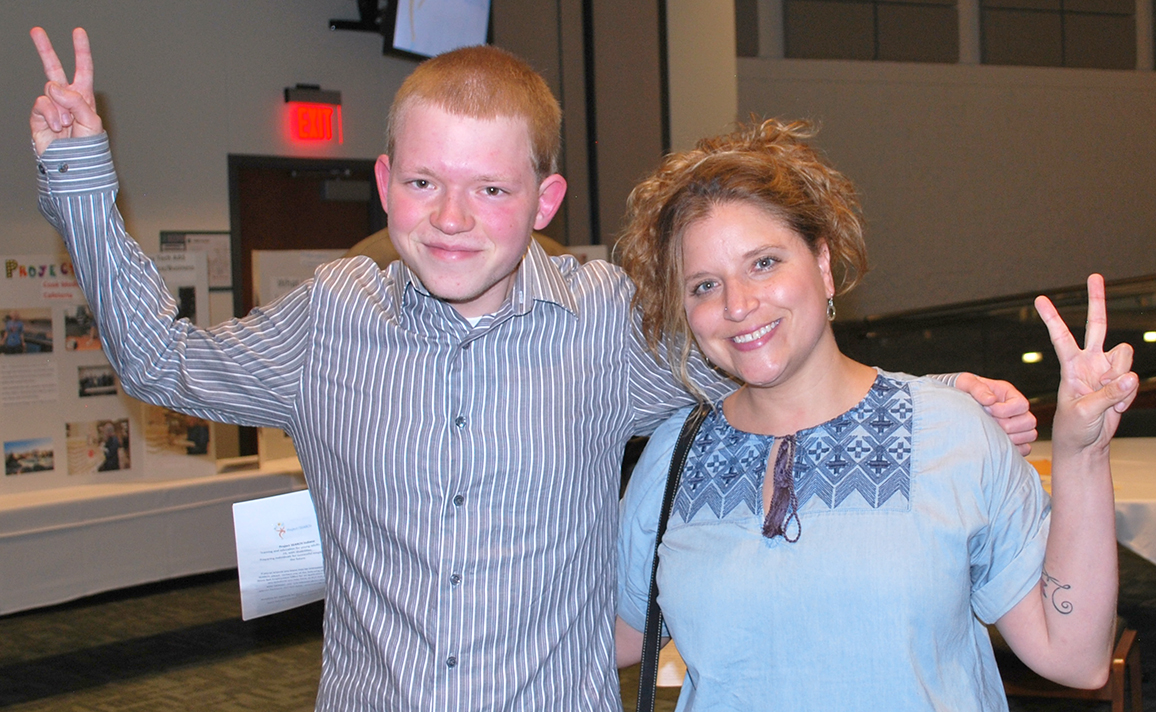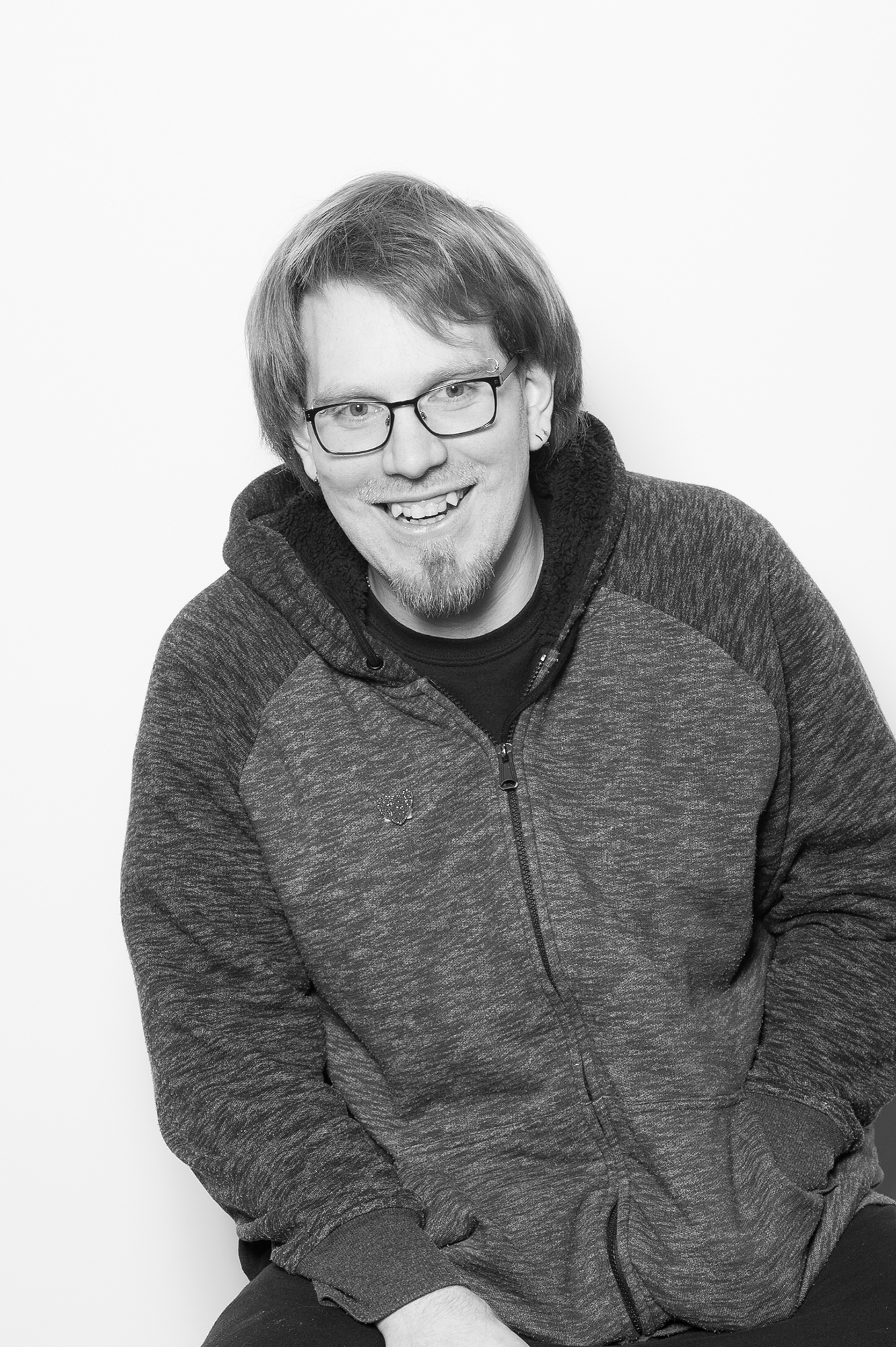(812) 332-2168 | 2815 East Tenth Street, Bloomington, IN 47408
SP Page Builder
Chapter Seven
Reiss's discoveries and the founding of the National Association on Dual Diagnosis (NADD) in 1983 led to an ever-growing body of evidence that people with ID experience the full range of mental health disorders and, in fact, they experience them at a higher rate than people without disabilities. Most people, including clinicians, now recognize that people with ID have a co-occurring dual diagnosis at rates of up to three times most other people. In addition, the National Core Indicators (NCI) has published data showing up to 50 percent of people with ID have a dual diagnosis. The controversy over whether dual diagnosis exists has long been settled.

PBS became prominent in the field of intellectual and developmental disabilities (I/DD) in the 1990s. One reason it was developed was as a reaction to the perception that traditional behavior analysis seemed to rely too heavily on rewards and punishment with a focus on “fixing” the person.
In contrast, Positive Behavior Support was a model based on improving a person’s overall quality of life. PBS still has a foundation of sound behavioral principles, but instead of only pursuing the outcome of reducing problem behavior, a person’s overall goal is to become more integrated into the community and to engage in activities that are meaningful.
When people are involved in meaningful activities, it makes life more interesting and fun. It is not hard to see why this fits so well with the overall mission of Stone Belt.

The BC may work on building important coping skills. He or she may train staff or families how to avoid some issues by teaching more effective strategies that prevent problems before they arise. BCs also work directly with clients to find out what they want out of life. Then, they design and implement plans to make that become a reality. That is positive support in action.
Learning to cope with relationship and life changes
The person's name in this success story has been changed to protect his privacy.
Johnny had a hard time with relationships, especially when they ended. Before starting with Stone Belt’s Lifelong Learning program, Johnny had difficulty with his peers and his motivation to work was low.
When a girlfriend broke up with him, Johnny sunk to a new low and became depressed. He was receiving Stone Belt behavior supports and his behavior clinician (BC) was pretty worried about him. He also had coping problems at home, which led to property destruction.Johnny’s BC encouraged him to consider a fresh start at Lifelong Learning. In this supportive environment he started making new friends, going bowling and having specific responsibilities each day.
He enrolled in the Community Employment program to start looking for a job and starting learning about having healthy relationships in weekly class sessions.Johnny also got a new girlfriend. His team worried that if the relationship didn’t go well, it could be a big setback for him. As life goes, she did break up with him, but this time he did much better. All the positive supports he received at Stone Belt and all the staff around him helped him to create friendships.
Learning about healthy activities helped him not be devastated by this breakup. He moved on, even setting boundaries for himself by blocking her from his phone so she could no longer call.Johnny is happy, and he recently tried out a job to see if it is a good fit for his skills and interest. These changes happened over two to three years and were not always easy, but the positive supports of Johnny’s behavior clinician, Lifelong Learning and Employment staffs, as well as other team members have help him cope with welcomed and unwelcomed changes with new skills and improved responses.
When Stone Belt and Milestones staff proudly provide positive supports to our clients, we know we are meeting them where they are in their lives and helping them look forward to a brighter future.

Jacob Johns:
From Pain to Beauty
By LINDA MARGISON
from I Am You: Stories of Resilience, Courage, and Power
Twenty-five-year-old Jacob Johns sits on the couch. He’s quiet and hangs his hoodie-covered head. He appears as if he’s trying to disappear inside the jacket. He’s had a difficult day. And he doesn’t like holidays.
His words begin and they’re dark and sad with hints of anger. But given a little time and attention, a kind word, and coaxing, Jacob begins to unravel from his tightly wound cocoon, until he lights up with a hard-won smile.
Jacob grew up in north-central Indiana and attended Elkhart Central High School, where he says the principal didn’t believe anything he said.
“It was rough on me there. I got bullied a lot. Once I got swung on; I got maced. I had to defend myself,” he says, holding his hands out and turning them over. “That’s how I got most of the scars on my hands.”
He describes events that meld into one another. Backed in a corner. Different kids each time. “High school was really bad for me.”
After one incident, “I went home, locked myself in my room, and stayed in there for like weeks on end,” he says. “Every time I came out was to eat, drink, bathroom, shower, and then go to sleep.”
Jacob didn’t finish high school.
“It got so bad that I dropped out. It just kept getting worser and worser,” he says. “Bullies followed me out in the street. Different people. I was targeted because I’m weak and everything, I’m an easy target.”
Jacob had a couple friends in school, one since middle school, but he hasn’t had much contact with them since he left. “I was always nice to people,” he says, not grasping why friendships were so difficult for him. “One friend contacts me and asks how I’m doing. It feels weird. I’m not used to a friend doing that.”
Jacob lived with his mom and brother growing up. He says he and his brother didn’t get along and tells stories of being punched and hit with a hubcap and a belt. He calls his brother the troublemaker in the family.
His brother wasn’t the only person who caused Jacob problems. Once, a family friend tried to take his stuff, and he got mad and lashed out. “I don’t like anyone touching anything that’s mine,” he says. “That’s been one of my things in my life. I don’t like anyone touching my stuff, except my parents.”
And then Jacob gets quiet again.
“I have nightmares,” he says. “I was ‘R-word’ by a guy when I was in my teens.”
He looks down.
“My life’s been hard.”
Jacob explains that he coped by isolating himself in his room. “I didn’t want to do anything. I just wanted to stay locked in my room. I had no girlfriend. No people to talk to. When I finally got a girlfriend, they all cheated on me.”
So Jacob cut his skin to feel better.
“The pain was a relief,” he says, explaining that he turned to self-mutilation for years. Even when he moved from Elkhart to Indianapolis to Bedford, cutting on his arms was his companion.
“I didn’t have friends I could go to,” he says, realizing how dire his actions were. “You can kill yourself cutting on your wrists.”
And then Jacob’s life got even worse.
“My brother almost tried to kill me again, and my sister tried to say I did something to her, which I didn’t do,” he says. “I had to get out or go to jail. I needed help with my meds and anger issues. I had to try to find someplace to live. The people who come for the children said I couldn’t stay there anymore, because of the thing my sister tried to pull on me.”
That’s when he moved to Bloomington.
“I came here to get help,” he says about moving into a group home and receiving assistance from Stone Belt.
Jacob started seeing a therapist who helped him see the connection between cutting his skin and the violence of his past. She helped him see how cutting was his way of releasing the pain he was feeling. And she helped him transition that pain into something beautiful.
When Jacob feels anger and pain, now he colors on his skin. He draws designs like crosses and roses and hearts as a means of self-expression. He snaps the rubber bracelets he wears on his wrists. He may also paint his fingernails and toenails black, if the mood hits him.
“I still get mad. I still have problems dealing with anger and frustrations,” he says. “They’re scars for me. They’re hard to get over.”
Each day is a battle.
“When I have trouble dealing with anger, I turn into a bully myself. I don’t mean it. I just don’t know how to handle it,” he says, showing his remorse. “But I don’t want to see what happened to me to happen to other people. I try to help out other people going through the same thing.”
Since changing his location and finding a new way to express his pain, Jacob has also started building friendships.
When he starts to talk about his girlfriend, he perks up and explains that he moves forward for her. “She’s my girl. My fiancée.”
Quite the romantic, Jacob enjoys Nicholas Sparks books and movies, which has prompted him to write his own boy-meets-girl stories. He also spins fantastical tales of good conquering evil.
“I cry at them,” he says about the romantic movies. “It’s touchy and you get to feel it. I’m like a chick. So I started writing my own.”
Besides his fiancée, he also has a best friend now. “He’s a very nice guy,” Jacob says. “When I get mad or angry, he talks to me and asks me what’s wrong. He sits there with me until I calm down. It’s nice to have people to talk to.”
Jacob sits back, visibly proud of the growth he has experienced in the past couple of years.
“I want to get married and have kids. It’s just something I’ve wanted to do since I turned 21 and got done partying. I’m just ready to settle down,” he says, calling himself “a drunkie,” who drank a lot when he was at its lowest.
He smiles, leaving no doubt that he feels good about the opportunities he sees for the future. He wants to get his GED and driver’s license, both which will help him get a better job and allow him to support his future family. He also wants to someday move out of the group home and live on his own.
Whatever he does, he wants to make sure he’s helping other people.
“If you see someone being bullied, don’t be afraid to speak up or speak up for yourself,” Jacob says. “There may be consequences, but don’t be afraid of it, because you’re doing the right thing.”
© 2017 Stone Belt. All Rights Reserved.



